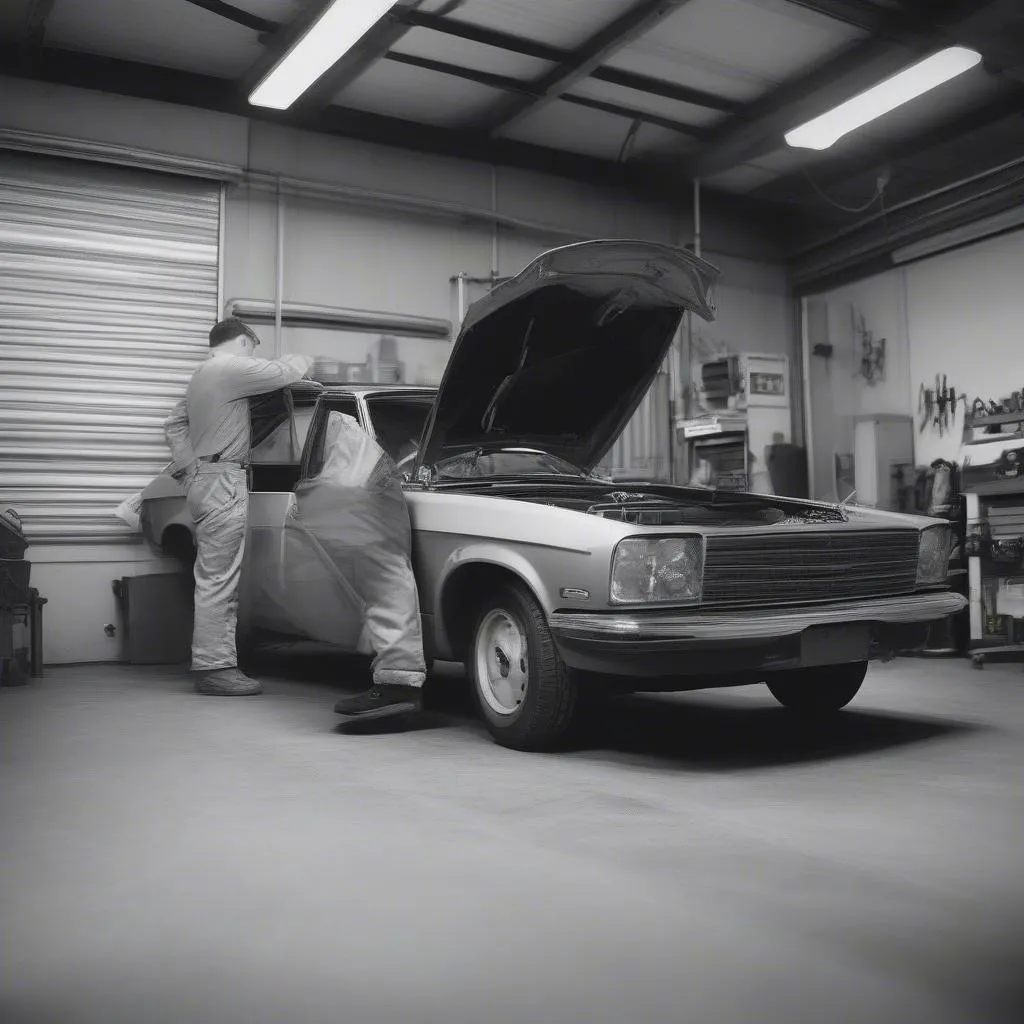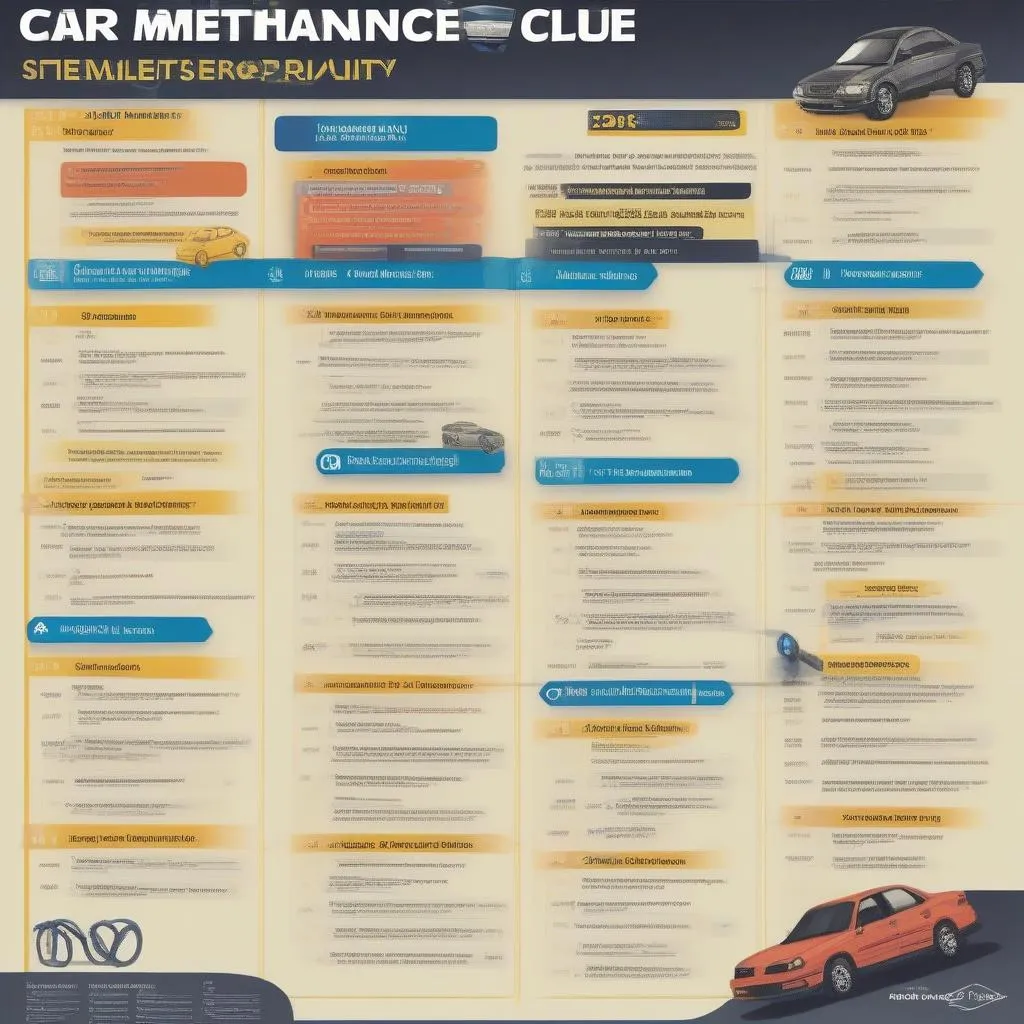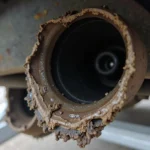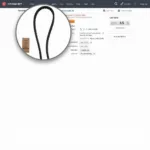“How often does my car actually need an inspection?” Many car owners ask this question. Who doesn’t know that uneasy feeling when the next inspection is due, and you wonder if you might be spending too much money? But regular inspections are essential to extend your vehicle’s lifespan, avoid costly repairs, and of course, ensure your safety on the road.
What Does “Inspection” Actually Mean?
An inspection is a thorough check of your vehicle by a professional. All important components and functions are checked for their condition and functionality. Depending on the vehicle model and mileage, there are different types of inspections with varying scopes.
Minor vs. Major Inspection
A minor inspection usually includes changing the oil and oil filter, as well as checking various fluids like brake fluid and coolant. In addition, the tires, brakes, and lighting system are checked.
A major inspection goes significantly deeper and, in addition to the items in a minor inspection, also includes checking the timing belt, water pump, exhaust system, and other important components.
How Often Should the Inspection Be Performed?
The answer to this question depends on various factors:
- Vehicle model: Each vehicle model has different maintenance intervals, which can be found in the vehicle’s manual.
- Mileage: The more kilometers you drive, the greater the stress on your vehicle, and the more often you should bring it in for inspection.
- Driving style: A sporty driving style with frequent acceleration and braking puts more strain on the vehicle than a predictive and calm driving style.
- Vehicle age: Older vehicles generally require more frequent inspections than newer models.
Generally, you should take your vehicle for inspection at least every 12 months or every 15,000 to 30,000 kilometers. Modern vehicles often have a service interval indicator on the onboard computer that reminds you in good time of the next inspection.
Why Is Regular Inspection So Important?
- Early detection of damage: By regularly checking all important components, minor damage can be detected and repaired early before it leads to bigger and more costly problems. As the saying goes, “An ounce of prevention is worth a pound of cure.” This also applies to maintaining your car!
- Extended lifespan: Regular maintenance and care significantly contribute to extending your vehicle’s lifespan.
- Safety on the road: A technically flawless vehicle is a prerequisite for your safety and the safety of other road users.
- Retained value: A regularly maintained vehicle with a complete service history is worth significantly more upon resale.
A Practical Example
Imagine you are driving a used car whose timing belt was not changed in time. A sudden snap of the timing belt while driving can lead to engine damage, the repair of which can cost several thousand euros. This damage could have been avoided through a timely inspection.
What Happens During an Inspection?
During the inspection, a professional checks all important components and functions of your vehicle. These include, among others:
- Engine: Oil level, coolant level, spark plugs, air filter
- Brakes: Brake pads, brake discs, brake fluid
- Tires: Tread depth, air pressure, general condition
- Lighting: Headlights, tail lights, turn signals
- Fluids: Engine oil, coolant, brake fluid, power steering fluid
- Exhaust system: Catalytic converter, oxygen sensor
- Electronics: Battery, alternator, control units
Additional Tips for Your Inspection
- Compare prices from different workshops before taking your vehicle for inspection.
- Ask for a detailed cost estimate before the workshop begins the work.
- Ask to see the replaced parts.
- Ensure that the workshop documents all work in the service book.
Further Questions About Inspections
- Can I perform the inspection myself? Basic maintenance tasks like changing the oil or replacing the air filter can be done yourself with some mechanical skill. However, you should generally have the inspection performed by a professional workshop, as they have the necessary experience and equipment to correctly check all safety-relevant components.
- What does an inspection cost? The cost of an inspection varies depending on the vehicle model, the scope of the work, and the workshop.
- Where can I find a reliable workshop? Ask friends, family, or acquaintances for recommendations.
 Mechanic checking a car during an inspection
Mechanic checking a car during an inspection
Conclusion: Regular Inspection – A Must for Every Car Owner
A regular inspection is essential to extend your vehicle’s lifespan, avoid costly repairs, and ensure your safety on the road. Don’t hesitate and schedule an appointment today at one of our partner workshops! Our experts will be happy to advise you and provide you with a personalized quote for your vehicle’s inspection.
You can find more interesting topics about car repair here:
 Mechanic performing routine car maintenance
Mechanic performing routine car maintenance
Need help with your car repair? Contact us! We have 24/7 car repair experts available.

